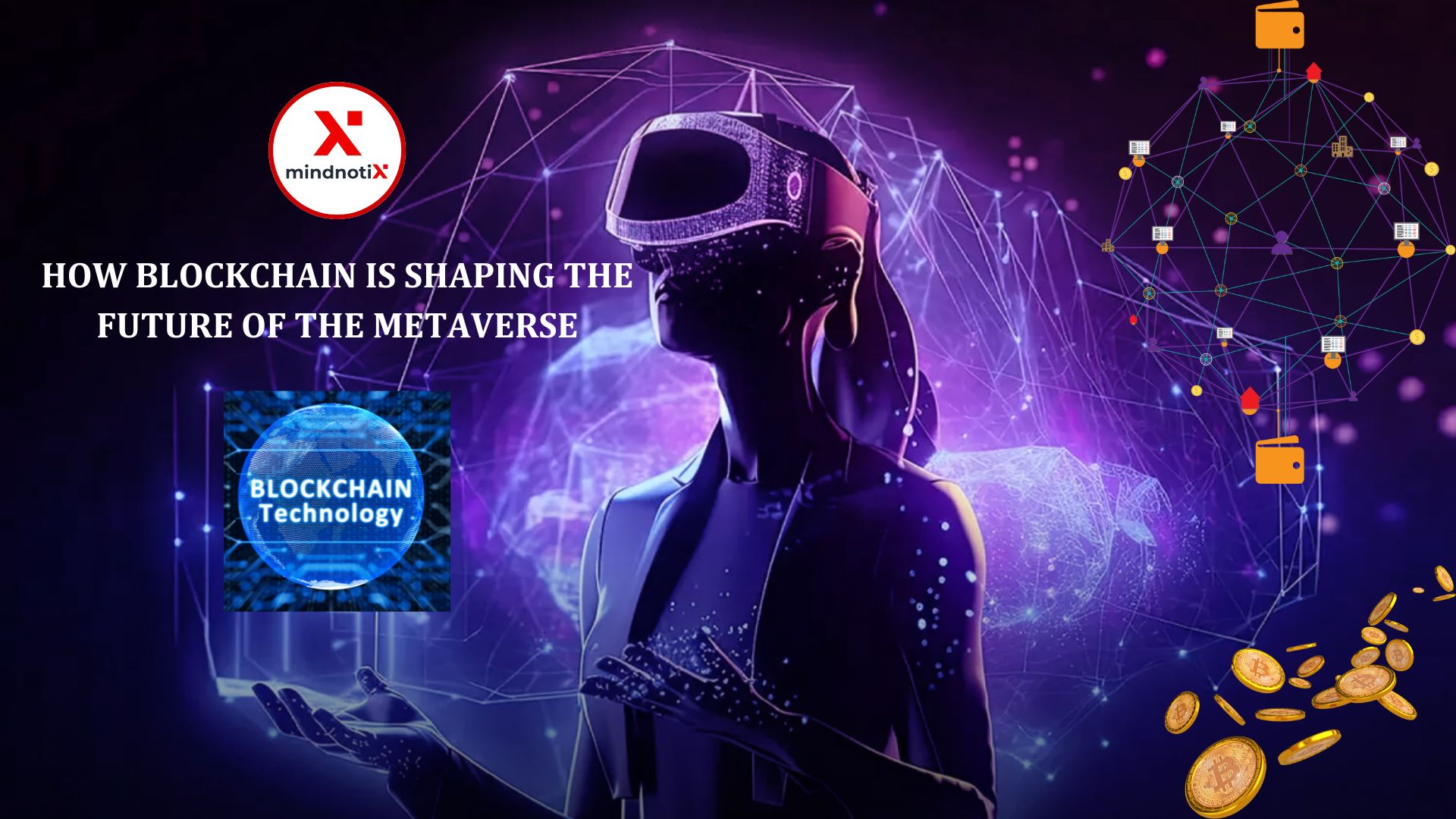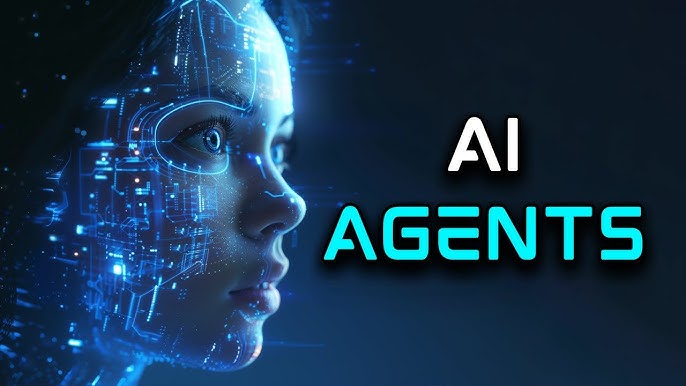Once a fantastical concept found primarily in science fiction novels and movies, the metaverse is now swiftly transitioning into a concrete reality. This transformation is fueled by significant advancements in various cutting-edge technologies, including virtual reality (VR), augmented reality (AR), artificial intelligence (AI), and, notably, blockchain technology. These innovations are converging to create immersive digital environments where users can interact, create, and experience in ways previously unimaginable.
Virtual Reality (VR) and Augmented Reality (AR): VR and AR technologies are pivotal in building the metaverse, offering users immersive experiences that blur the lines between the physical and digital worlds. VR provides fully simulated environments, enabling users to explore and interact in virtual spaces. AR, on the other hand, overlays digital information in the real world, enhancing our physical surroundings with digital elements. Together, these technologies lay the foundation for a seamless integration of digital and physical realities, essential for the metaverse.
Artificial Intelligence (AI): AI plays a crucial role in the metaverse by enabling more natural and intuitive interactions within these digital environments. From creating lifelike avatars and responsive virtual assistants to generating realistic simulations and personalized experiences, AI enhances the overall user experience. Its ability to analyze and respond to user behavior in real-time makes the metaverse more dynamic and engaging.
Blockchain Technology: At the heart of this emerging digital universe lies blockchain, a revolutionary technology that promises to redefine how we interact, transact, and establish our digital identities. Blockchain’s decentralized and immutable nature ensures transparency, security, and trust within the metaverse. It facilitates creating and owning unique digital assets through non-fungible tokens (NFTs), manages secure and verifiable digital identities, and enables decentralized governance of virtual spaces.
This White paper delves into the intricate intersection of blockchain and the metaverse, focusing on three key areas where this synergy is most evident: virtual real estate, digital identity, and decentralized virtual worlds.
Virtual Real Estate: In the metaverse, digital land and properties are becoming valuable assets, much like real estate in the physical world. Blockchain technology underpins the ownership and transaction of these virtual properties, ensuring they are secure, transparent, and immutable.
Digital Identity: A reliable and verifiable digital identity becomes crucial as users navigate different virtual worlds. Blockchain provides a decentralized solution for managing digital identities, giving users control over their personal information and ensuring their identities are secure and portable across various platforms.
Decentralized Virtual Worlds: The metaverse is increasingly shaped by decentralized virtual worlds, where blockchain technology enables community governance and economic systems. These worlds operate independently of any central authority, fostering a more open, democratic, and user-driven digital environment.
Through exploring these realms, we gain insight into how blockchain technology supports and actively shapes the metaverse's development and future. The convergence of these technologies heralds a new era of digital interaction, ownership, and identity, setting the stage for a revolutionary shift in how we live, work, and play in the digital age.
Blockchain's Role in the Metaverse
Blockchain technology offers a versatile foundation for various aspects of the metaverse, from ownership verification and identity management to payments, governance, and automation. Its decentralized nature promises greater security, transparency, and resilience, positioning it as a critical enabler of the metaverse's growth and development.
Blockchain as Proof of Ownership
Blockchain technology, through its distributed ledger system, provides a robust method for verifying ownership of digital assets. Unlike traditional systems where multiple parties maintain separate records that can conflict, blockchain's append-only database ensures a transparent, immutable history of transactions. This significantly reduces the need for third-party verification.
Additionally, decentralized storage solutions bolster asset security and availability. In contrast to relying on a single provider, which could lead to asset loss if the platform fails, decentralized storage requires considerable network control to compromise, making it more resilient against attacks.
Blockchain as Proof of Identity
Current digital identity systems often result in fragmented identities, complicating user experiences and raising privacy concerns. Blockchain offers a decentralized identity framework, allowing users to control and verify their data without relying on third parties. This approach can streamline transitions between different digital spaces while enhancing privacy and security.
Blockchain as a Means of Payment
In the metaverse economy, blockchain-based cryptocurrencies offer a decentralized alternative to the siloed digital currencies used in platforms like Roblox. Cryptocurrencies are designed for global payments without intermediaries, although their volatility is a concern. Stablecoins, which are pegged to external references like fiat currencies, offer a more stable medium of exchange but face regulatory scrutiny.
Blockchain as a Governance Tool
Governance in the metaverse will involve numerous stakeholders, making decentralized approaches appealing. Blockchain enables transparent, secure decision-making processes without central authority. Token-based voting systems and decentralized autonomous organizations (DAOs) give stakeholders a say in governance, with operations often automated through smart contracts.
Blockchain as a Means of Automation
Blockchain has evolved to support complex decentralized applications beyond just cryptocurrency. With its Solidity programming language, Ethereum allows for smart contracts that automate transactions based on predefined criteria. This capability is particularly useful in the metaverse, where parties may not always operate with mutual trust.
Even when execution is off-chain, blockchain ensures data consistency, facilitating automated workflows across different businesses within the metaverse.
The Invisible Role of Blockchain
As with many underlying technologies, blockchain's role in the metaverse might become largely invisible to users. While the benefits of decentralization, security, and trustless transactions are critical, most developers will likely use blockchain-agnostic platforms and node-hosting services, abstracting the complexity of blockchain infrastructure.
In conclusion, blockchain technology offers a versatile foundation for various aspects of the metaverse, from ownership verification and identity management to payments, governance, and automation. Its decentralized nature promises greater security, transparency, and resilience, positioning it as a key enabler of the metaverse's growth and development.
Read here : 1.The Evolution of Blockchain Technology: From Bitcoin to Smart Contract
2. How Blockchain is Revolutionizing Supply Chain Management
3. Blockchain in Healthcare: Impring Patient Data Security
For more information contact : support@mindnotix.in
Mindnotix Software Development Company


 AI-Taxi App
AI-Taxi App AI-Food App
AI-Food App AI-Property Mgmt App
AI-Property Mgmt App AI-CRM
AI-CRM AI-Fantasy App
AI-Fantasy App
 Web Development
Web Development App Development
App Development Business & Startup
Business & Startup Hire Developer
Hire Developer
 Digital Marketing
Digital Marketing Lead-generation
Lead-generation Creative Agency
Creative Agency Branding Agency
Branding Agency Augmented Reality
Augmented Reality Virtual Reality
Virtual Reality Internet of Things
Internet of Things Artificial Intelligence
Artificial Intelligence Blockchain
Blockchain Chatbot
Chatbot



